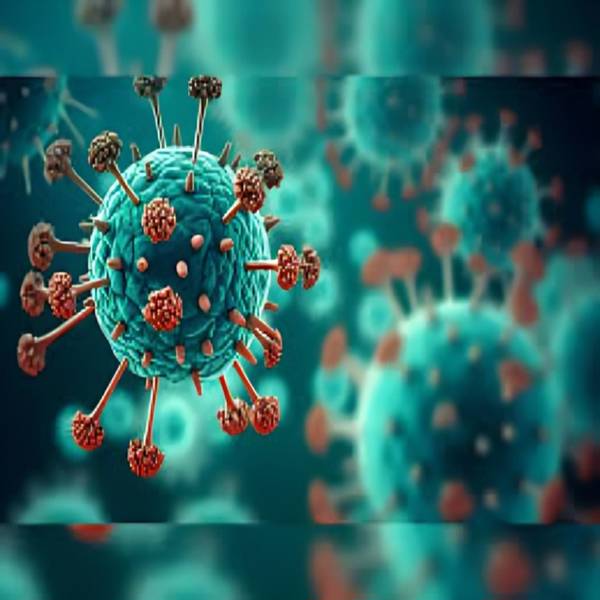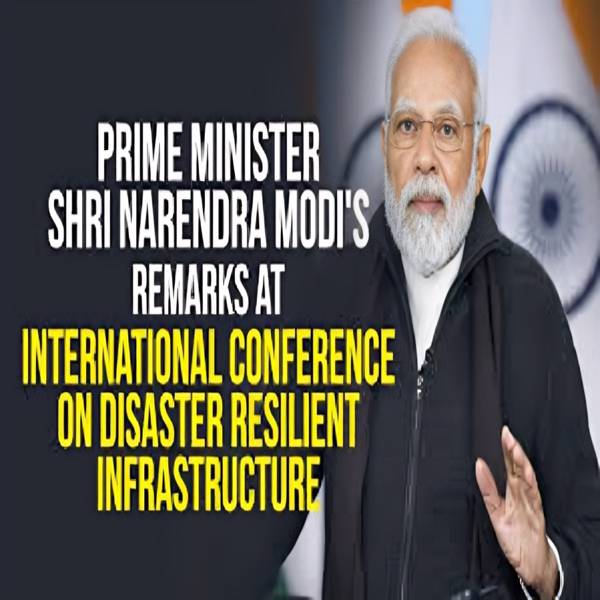HMPV Outbreak: COVID-19 Links and Two Cases in Karnataka.
The Human Metapneumovirus (HMPV) outbreak in China has sparked global concern, with countries like India keeping a close watch on its spread. How does it differ from COVID-19? What are the symptoms and expert insights, and is a vaccine available? Here’s what you need to know.
Human metapneumovirus (HMPV) is a respiratory virus that leads to upper and lower respiratory infections, resembling a common cold. Like RSV and the flu, it is seasonal and typically occurs during winter and early spring.
It is not a newly identified virus; it was first discovered in 2001, according to the CDC. However, serologic evidence indicates it has been circulating since at least 1958. HMPV is part of the Pneumoviridae family, along with RSV.
Two infants in Karnataka have been diagnosed with Human Metapneumovirus (HMPV), both linked to bronchopneumonia, according to the Indian Council of Medical Research (ICMR).
The cases were identified through routine respiratory virus surveillance by the ICMR as part of nationwide efforts to monitor respiratory illnesses, the Union health ministry stated.
A three-month-old girl with bronchopneumonia was diagnosed with HMPV after being treated at Bengaluru’s Baptist Hospital. She has since been discharged.
An eight-month-old boy, also with bronchopneumonia, tested positive for HMPV on January 3 and is currently recovering.
Health Ministry on this:
The Health Ministry has confirmed that HMPV is circulating globally, including in India, with respiratory illnesses reported in several countries.
ICMR and IDSP data show no significant rise in influenza-like or severe respiratory illness cases in India. The ministry is closely monitoring the situation, with ICMR tracking HMPV trends year-round.
The WHO is providing updates on China’s situation, while a recent preparedness drill showed India is equipped to handle any surge in respiratory illnesses.
Is HMPV similar to COVID-19?
Yes, both HMPV and COVID-19 share similarities.
Respiratory Illness: Both viruses cause respiratory infections, affecting people of all ages, with young children, older adults, and those with weakened immune systems being most at risk.
Similar Symptoms: Common symptoms of this virus, such as cough, fever, nasal congestion, and shortness of breath, are also seen in COVID-19 cases.
Modes of Transmission: Both viruses spread through respiratory secretions from coughing or sneezing, close contact with an infected person, or by touching contaminated surfaces and then touching the face.
Also read: PM Modi to inaugurate Delhi’s RRTS section today.
Seasonal Patterns: According to Science Direct, COVID-19 shows temperature sensitivity and is seasonal, similar to it. The CDC notes that while it can be detected year-round, infections typically peak from late winter to early spring in the United States.
Is there a vaccine for HMPV?
No, there is currently no vaccine or antiviral treatment for HMPV. Prevention includes washing hands regularly, avoiding touching the face with unwashed hands, maintaining distance from sick individuals, covering coughs and sneezes, and not sharing utensils or cups.



